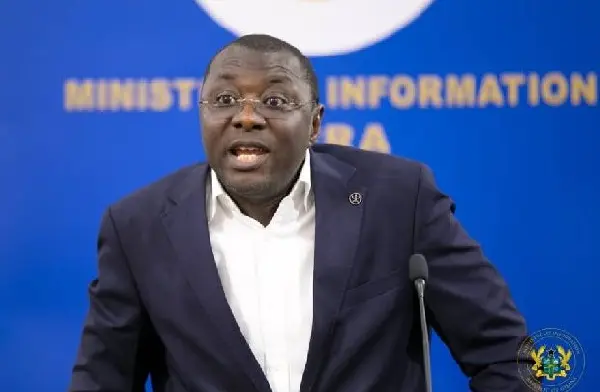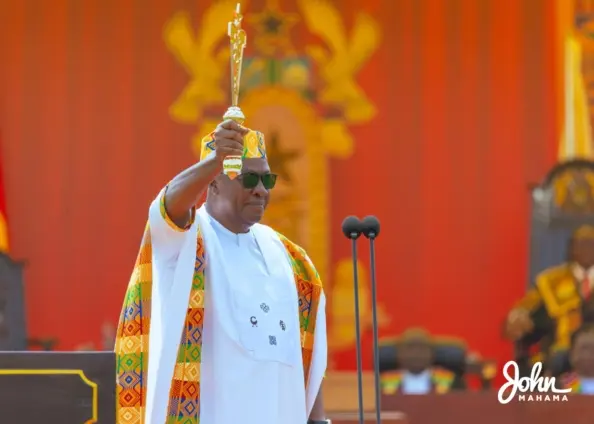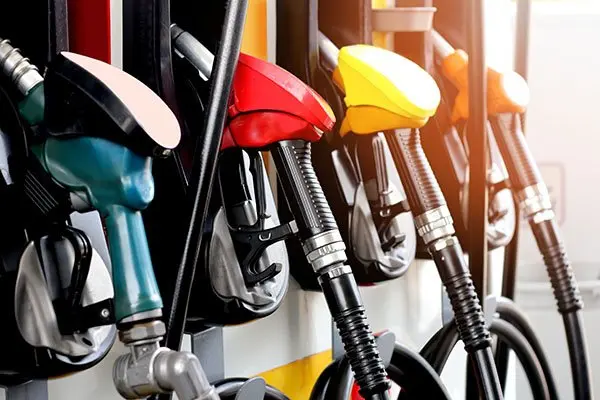Accra, Ghana – Ghana’s recent spell of macroeconomic stability has ignited a debate about its origins, with the previous New Patriotic Party (NPP) administration asserting that its policies laid the essential groundwork. Central to this claim is the Domestic Gold Purchase Programme, championed by figures like Kabiru Tia Mahama, Member of the Finance Committee and MP for Walewale. According to Mahama, this initiative was instrumental in stabilizing the economy, a point he emphasized during a recent appearance on JoyFM’s Top Story.
Mahama directly challenged narratives suggesting economic mismanagement under the NPP, pointing to indicators such as declining inflation and a current account surplus. “Inflation was on a downward trend, decreasing from a peak of 54% to 28% and then to 35%, which was significant,” he stated. He further noted, “Additionally, the current account recorded a surplus, indicating that our exports exceeded imports, leading to more foreign exchange inflows.” This account offers a contrasting perspective on Ghana’s economic trajectory, one where strategic policies aimed at boosting gold reserves played a pivotal role.
At the heart of the NPP’s strategy was the Domestic Gold Purchase Programme, designed to strengthen Ghana’s gold reserves while simultaneously combating smuggling. The Precious Minerals Marketing Company (PMMC) was entrusted with the responsibility of procuring gold, sourcing 20% of the output from large-scale producers and all the gold produced by small-scale miners.
The results, according to Mahama, were significant. “We increased our gold reserves from approximately 8 tonnes since independence to over 30 tonnes by the time the NPP government was leaving office,” he said. This increase, he argued, formed a solid basis for the economic stability Ghana is currently experiencing.
The impact of this policy can be seen in the Bank of Ghana’s current gold reserves. As of April 2025, these reserves have surged to 31.37 tonnes, marking a dramatic 264.4% increase over two years from 8.78 tonnes in May 2023. This growth is directly attributed to the Domestic Gold Purchase Programme. The central bank actively purchases domestically produced gold using local currency at prevailing market prices, fostering a beneficial cycle for the Ghanaian economy.
Agreements with nine additional mining companies, including Golden Team Mining and Adamus Resources, now mandate the supply of 20% of their gold output to the government. These purchases are settled in Ghanaian cedis at a 1% discount to the London Bullion Market Association spot price, a mechanism designed to strengthen the nation’s foreign reserves and stabilize the cedi. The program’s benefits extend to reducing Ghana’s reliance on imports and creating a more attractive environment for foreign investment.
Despite the apparent successes, the implementation of the Gold Purchase Programme was not without its challenges. Questions remain about the effectiveness of measures aimed at curbing gold smuggling and how fair market prices were consistently determined for domestically purchased gold. The use of Ghanaian cedis for these transactions also raises questions about its impact on the local currency market.
The potential economic benefits of Ghana’s Domestic Gold Purchase Programme are multifaceted. Beyond the immediate improvement to the country’s foreign exchange reserves and the strengthening of the cedi, the program fosters greater self-sufficiency in gold reserves. This, in turn, can attract foreign investment by signaling a more stable and resilient economy.
In conclusion, Kabiru Tia Mahama maintains that the NPP’s policies, particularly the Domestic Gold Purchase Programme, were critical in achieving Ghana’s current macroeconomic stability. The program’s impact on boosting gold reserves and stabilizing the cedi underscores its significance. Mahama advocates for the current administration to recognize and build upon these achievements to ensure continued economic progress, suggesting that the Domestic Gold Purchase Programme serves as a valuable proof of concept for future initiatives aimed at bolstering Ghana’s economic standing.
Image Source: MYJOYONLINE






















